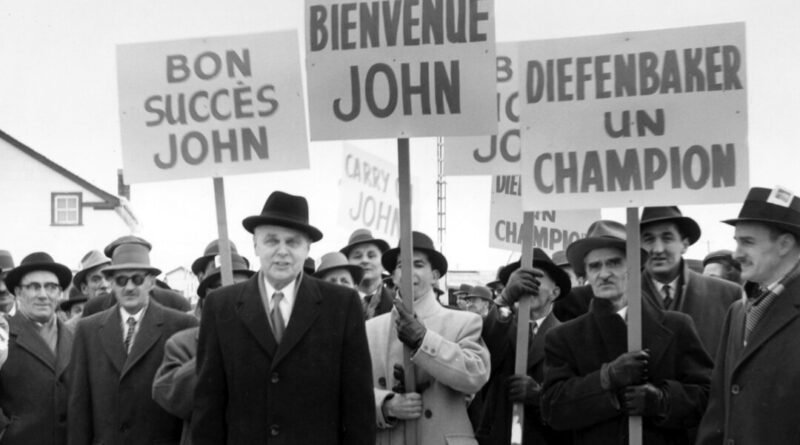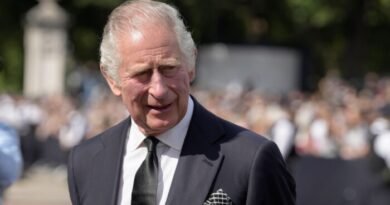The Fatal Flaw: Diefenbaker’s Historic 1958 Majority and How it was Lost
John George Diefenbaker was the first Prime Minister of Canada (1957–1963) with a name and lineage neither British nor French. His grandfather, George Diefenbacher, hailed from Baden in Germany, although his mother’s side was Highland Scots. He had experienced ridicule for being labeled a “Hun” during his early campaigns in Saskatchewan, which provided him with insight into what it was like to be ostracized due to his name and race. This led Diefenbaker to position himself as a champion of the “little guy” and elevated him to great heights.
One of Diefenbaker’s achievements was the introduction of a symbolic Bill of Rights in 1960. This bill documented existing rights that Canadians inherited from English law while remaining mindful of parliamentary and legislative authority, as well as traditional constitutional law. In contrast to the imprudent 1982 Charter of Rights, it did not undermine these precepts.
In 1957, Diefenbaker recruited the first Chinese MP and appointed the first woman to cabinet in 1950. Ellen Fairclough, the inaugural woman in the cabinet, extended the franchise to status Indians in 1960 and in 1962 shifted the predominating criteria for immigration to skills instead of race and nationality. In 1958, Diefenbaker also named the first status Indian, James Gladstone, to the Senate and recruited the first black MP, Lincoln Alexander, in 1965 (who was elected on his second try in 1968).
While these were symbolic milestones, they were also seen as tokenism in the field of politics. For the Conservative movement, they served as justifiable measures to counter the depiction of Progressive Conservatives, the former name of the party from 1942 to 2003, as dedicated imperialists who would oppress and exclude minorities.
Diefenbaker effectively triumphed over his adversaries’ negative tactics by advocating for the concept of “One Canada” comprised of equal citizens. As an ardent anti-communist, he secured the support of the so-called “ethnic vote” that had been presumed to belong to the Liberals. His overwhelming victory in the House of Commons in 1958 was a significant breakthrough that unsettled his political opponents.
Despite the fears of his adversaries, Diefenbaker did not fundamentally alter Canadian political history to keep the Liberals out of office for an extended period. He ultimately lacked the insight and discernment to hold onto his office and be a successful leader. His idiosyncrasies and lack of discipline were his undoing, preventing him from rebuilding a Tory coalition to lead the country.
It was ultimately his inability to reconcile the differences within his own party that lead to his failure, ending in his eventual ousting. Diefenbaker’s leadership failed by not entrusting the power to those who could bring success to his term, and by not securing the oneness of his national pact.




